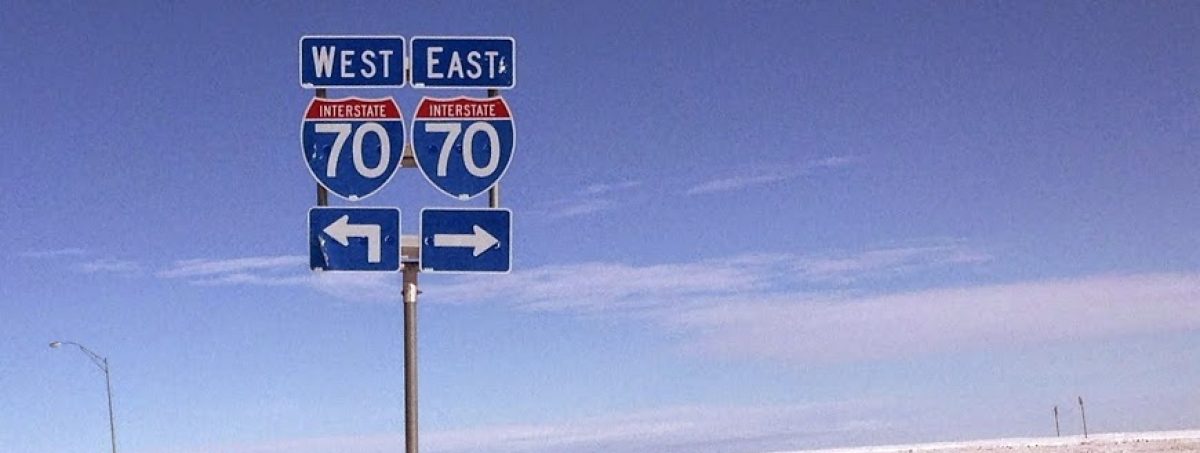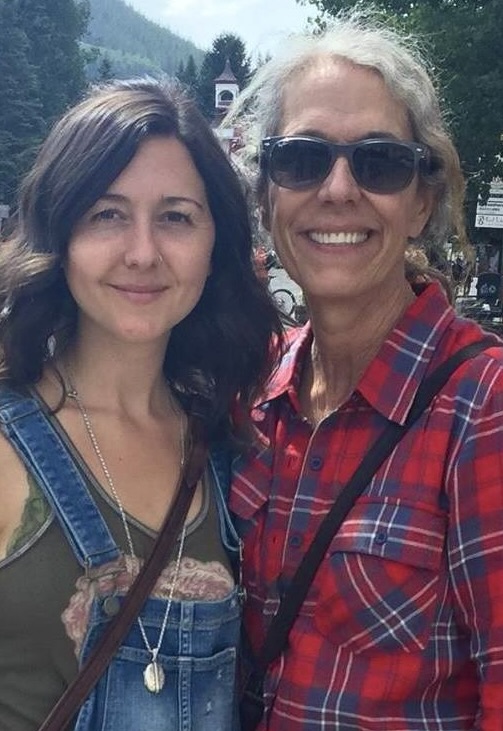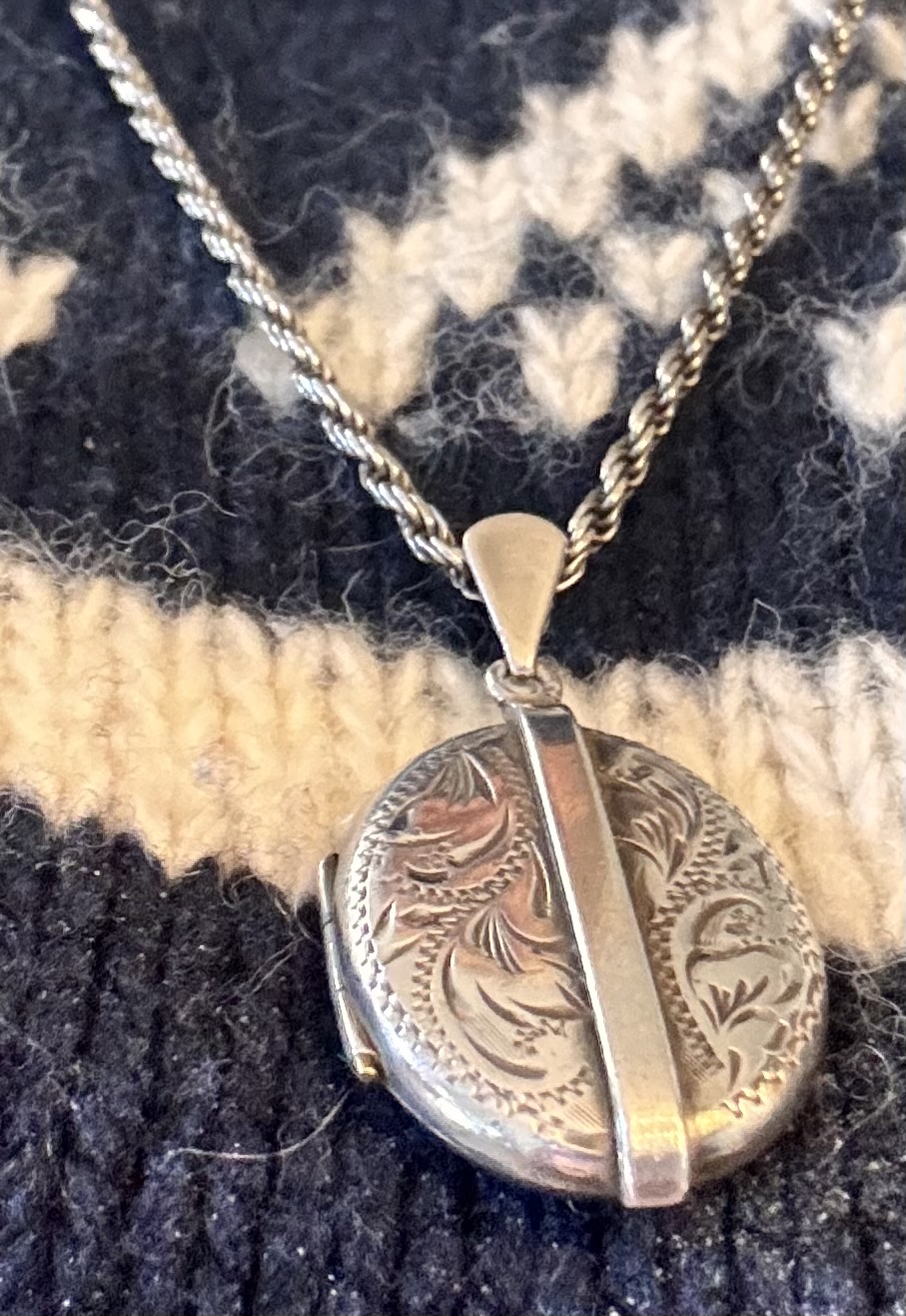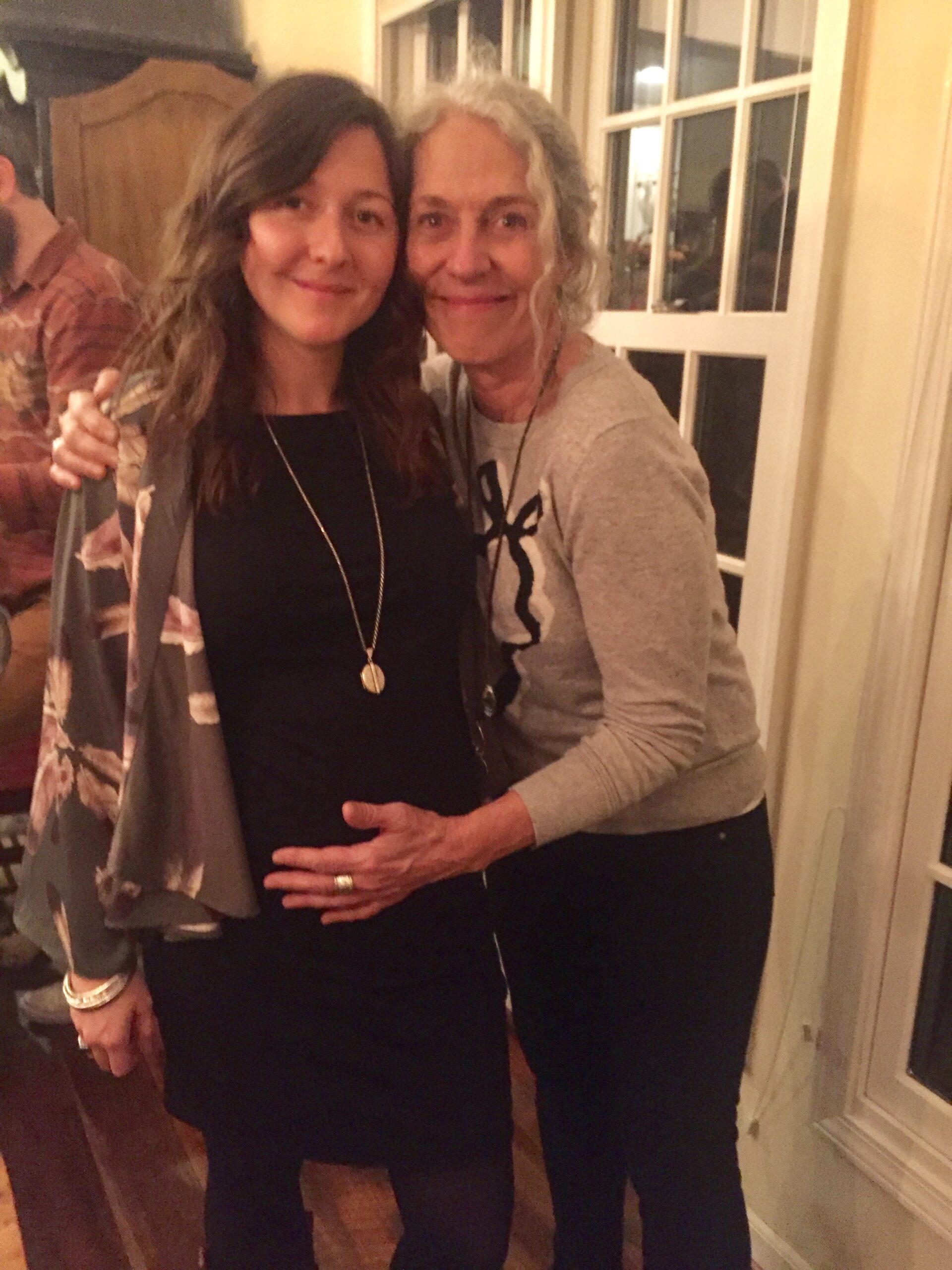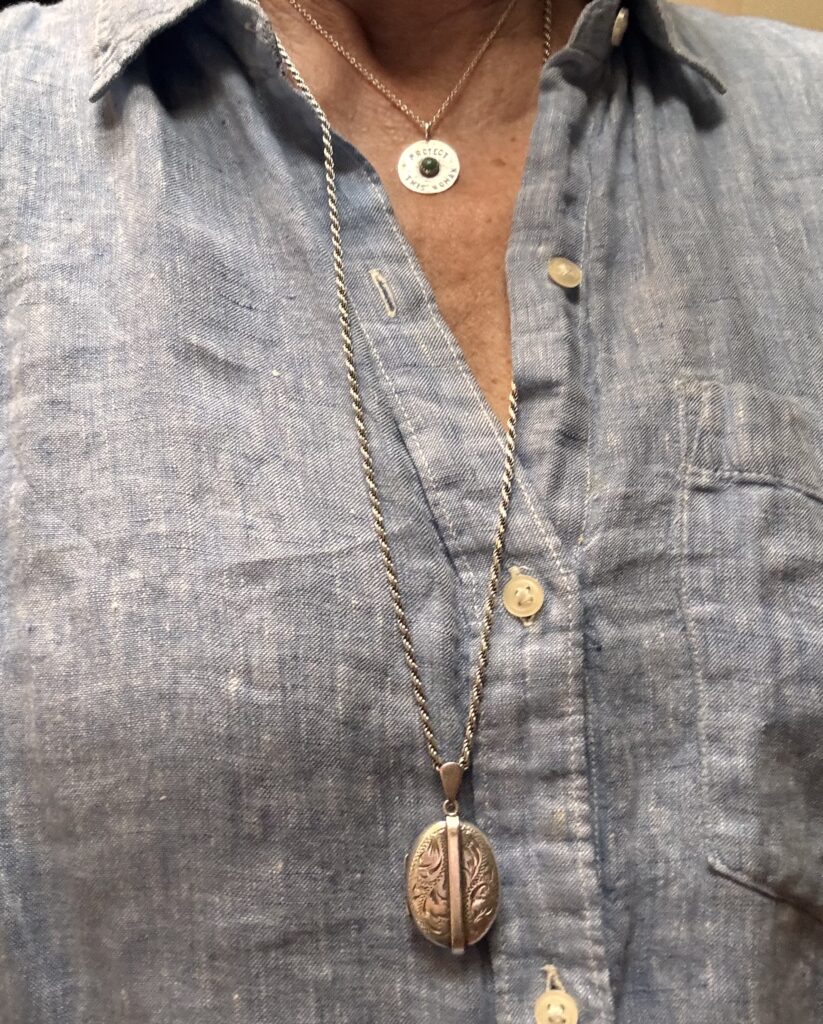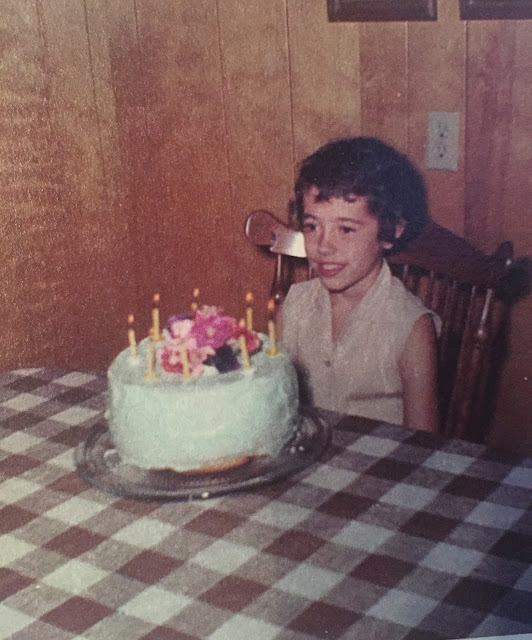
Making a wish was before blowing out the 8 candles…August 30, 1963
August, 2025
I don’t usually write a post in honor of my birthday, but I found this essay while going through some writing files, and it resonated with me. As I approach 70, my feelings haven’t changed much from ten years ago. Emery planned a surprise birthday party for my 50th, in the house we had moved into shortly after I divorced (which was in the middle of a remodel, and my guests were met with a toilet in my entryway). She also planned my 60th birthday party with my two sisters and her in Crested Butte, Colorado, and was in the process of planning my 70th birthday with my sons and their families at Lake Tahoe. The Lake Tahoe part didn’t change as I’m there now with my two sons. It’s a big birthday, a difficult first without Emery, and a new decade, but still, I’m celebrating. Birthdays are a gift. Life has shown me that over and over again this past year. And as I slowly unwrap the gift of my soon-to-be 70th decade, I’m holding onto the wisdom from a time when I thought 30 was old and now 60 in hindsight sounds young(ish).
Aging and a New Decade (60)
August 2015
When it comes to decade birthdays, my entrance into my 30s and 60s are the two that have had the most impact. They both felt like I was entering decades of significant change, with 30 being the decade that felt most like my entrance into adulthood, and 60 the decade of being past middle age and entering an age that no one seems to have a comfortable word for besides retired. Old, which would be on the other side of the scale from young, feels too harsh and, well, too old. It also holds the sense of urgency of getting things done that thirty had, but the things have changed from marriage, kids and home ownership to volunteer work across the world, walks that are weeks long, not hours long and the bravest of all, letting my gray roots go and changing the hair color on my drivers license to gray (because there is not the more suitable option of silver).
As I approach 60, I have more of an interest in the person who is struggling with their phone, misunderstands what you’ve said due to hearing loss, often resulting in humor, or is asking about senior discounts while at a 4:00 happy hour, then listing other places that have that if told no. I watch them with discomfort and curiosity, assuming they must be a lot older than me. But in the back of my mind, I know that someday it will be me, or maybe it already is, and I don’t know it.
Recently, while at a concert in the park in Frisco, Colorado, I was standing behind an older couple who I’m guessing were at least a decade older than me. The man, armed with the latest iPhone, was trying to video the band, but was getting frustrated because he kept videoing himself, even though he was holding the phone out in front of him and pointed directly towards the band. He was in selfie mode, but didn’t realize it. I was close enough to see the videos and the mistake he continued to make, but far enough away that I couldn’t hear the comments he was making to his wife — the wife who had her fingers in her ears. I guess the music was too loud for her. I doubt I would have given the whole scenario a second look a few years ago, but now, on the heels of 60, I was having a hard time looking away. There was so much age-related vulnerability coming into play that I felt compelled to settle into the scene long enough to decide on an appropriate emotion… sadness, frustration, or depression. Although I know how to reverse the camera on my iPhone, I’ve done plenty of things that have had all of my kids rolling their eyes and asking me to hand the phone over so they can “sort me out.” Technology is moving at a much faster pace than our aging, and given that most technology is only a few decades old for so many of us, being behind the technological eight ball is valid and something we hold in solidarity with those in our same age group. Thankfully, the attitude of caring what others think diminishes a bit, but also thankfully, not entirely. A little bit of vulnerability keeps us humble, but we traverse a fine line between pride and embarrassment when we expose that side of ourselves.
A few weeks later, while I was still in Colorado and hiking the Hanging Lake trail, a hike that is so beautiful it’s difficult for me to contain my enthusiasm, I met a lovely couple. We had passed each other enough times on the switchbacks that it felt like it was time to say something. I hate small talk, but I’m good at it. Each time we passed, my eyes were drawn to her beautiful, long, silver hair. So, after we stopped and exchanged pleasantries about the views and our joy with being on the hike, I had to mention her hair. With great enthusiasm, I took off my ball cap with a nod to our sisterhood of silver hair and said,
“Your hair is so amazing…. I’m trying to do the same thing.”
Then I took off my ball cap, turned around to give her a view of the back, to show her it was still a work in progress, as at least eight inches of my hair were still brown.
Her response had nothing to do with my hair or our silver hair connection; instead, she told me how excited she was to finally be on the hike she had heard so much about. We met again a few switchbacks later, and I’m not sure if it was the lighting or my exhaustion, but her hair was not silver. She was blonde. There was not one strand of silver in that blonde hair of hers. I cringed at what I had done moments earlier, removing my hat to reveal my sweaty, two-toned, not at all attractive, hat hair. I wanted to quietly back down the mountain, never to see them again, but instead began to talk incessantly to cover up my blunder, as a correction. She was ten years younger than me (I’m guessing, but my guessing is no longer reliable), but at that moment, I felt like I was old enough to be her mother.
I was the man trying to videotape the band, but was videotaping himself instead. They were from New Jersey. They drove. It took them two very long days. They spent the first night in Junction City. She has a fear of heights. They might be married. They want to move to Colorado. She has blonde hair, not silver. Lesson learned. Hold your enthusiasm until you’re sure you know what you’re talking about, and then wait a few more seconds, just to be safe. If you mess up and don’t want to come clean, then talk. Talk a lot. Five more minutes and we would have been Facebook friends, another ten and we would have had dinner.
I like to sum up each decade in a few words as to its impact on me. I’m curious as to the event that will mark my 60s. My 20s were my decade of exploration, marked by mistakes and fearlessness as I unknowingly began to forge my life path. My 30s were a significant step into adulthood, which at the time meant finishing college (finally), getting married, and having my first child, then my second, and at 35, my third. My decade of change… or so I thought.
My 40s were my decade of letting go of the lead and, by default, letting my children lead. Their friends’ parents became my friends, and their schedules became my schedules. I loved watching them grow while finding myself in all of them. Also, with 40 came the significant passage of time and age, as my hair started turning gray, and I did what most of my friends did and made regular appointments to cover it up.
My 50s were another decade of change, much like my 30s. I got divorced after 20 years of marriage, days before my 50th birthday, and set out on an unknown path, which had far more forging and exploring than I had anticipated. I made a lot of mistakes, worried too much, and seemed to learn every lesson the hard way, with the predictable pattern of reactionary hysteria, followed by a slow recovery, and ending with a lot of talking on the phone. Case in point, the explosion of my water heater a mere two weeks after moving into my new house and my new life. I’m still thankful that all of my photos, which weren’t in albums, were in plastic boxes. Nothing was lost, and a whole lot was gained. That lesson began with me lying in a heap at the bottom of the basement steps, my head in my hands, my strength and courage in another room. When sump pumps, water heaters, or garage door openers go on the blink, I remember that girl who sobbed in a panic on the bottom step, not knowing who to call or where to turn. She grew a lot that night. Life felt unexpectedly hard, but was softened by several of Emery’s friends, armed with dry vacs and encouragement. In the end, I became a lot stronger and added a good plumber to my phone book.
With each decade comes gratitude; the 6th brings a bit more than the 5th and more than the 4th or 3rd, because that’s how life works. It’s constantly teaching us if you’re brave enough to pay attention. Right now, at almost 60 years old, I’m comfortably seated on my cushion of gratitude while I continue to adjust my sails to catch the best wind to carry me forward. It’s a good place to be, and I can’t complain about the view.
August, 2025
Reading these words, almost ten years later, comforts me and brings me to my knees in sadness at what would happen at the end of my 6th decade that I could even begin to imagine. I also didn’t know that it would be the decade of tremendous joy marked by the addition of Katie as my daughter-in-law, five grandchildren, and my move to Boulder. It would also be my decade that brought a deeper exploration of my writing with workshops all over the world that connected me to people I now consider friends and volunteer travel to several countries that not only helped me discover new cultures, but myself in the process. Sadly, the decade would end with my deepest despair, when in the space of four months, I’d be by both my Dad’s and my daughter’s bedside when they passed.
Aging is truly a privilege. Emery only had 34 years and died a year younger than I was when I gave birth to her. I hold onto that with every new wrinkle, ache, and pain. I don’t want to make predictions about my upcoming decade, but instead, will hold onto every thread of gratitude and love I can find because in the end, that’s all we have, and all that matters.
